A huge thank you goes to all candidates who had the courage to place their names on a ballot.
In the running for office, candidates opened themselves up to public examination, often at great personal sacrifice. To be a candidate or hold office is to give up time and energy, to spend time away from family, to knock on doors, develop campaign-material and strategies, attend community gatherings and forums, and to subject oneself to being questioned each step of the way – all this without any guarantee of success.
When the polls closed in Chester County and the in-person ballots were counted on Tuesday, November 2, most of the school board and supervisor races in Tredyffrin and Easttown indicated Republican candidates leading. However, when Chester County Voter Services began processing the mail-in and absentee ballots, the numbers began to reverse with Democrats leading in most of the local races.
A computer glitch caused a delay in processing the ballots and we only learned overnight the final numbers from Voter Services. Although the results are not officially certified, Democrats won in the Tredyffrin and Easttown supervisor and school board races.
To the candidates who prevailed in our local races, congratulations! As you take office during these challenging times, my best wishes for success as you serve our community and its residents.
—————————————————-
The unofficial results in local races are below.
TE School Board election results:
There were no incumbents for the TE School Board. In Region One, Yolanda Allen (D) defeated Leslie Elken (R), 2,848 votes to 2,256 votes. In Region Two, Robert Singh (D) defeated Deana Wang (R), 2,494 votes to 2,000 votes. In Region Three, Democrats Maryann Piccioni and Susan Audrain received 27 percent and 26 percent of the vote respectively, defeating Republican candidates Rachel Kill and Bill Nolan.
Tredyffrin Township Board of Supervisor election results:
In the two At-Large supervisor races, incumbents Matt Holt (D) and Murph Wysocki (D) received 29 percent and 27 percent of the vote respectively, defeating Republican candidates Sean Sweeney and Jim Zdancewicz. In the 2nd Middle District, Democrat David Miller received 60 percent of the vote, defeating Nick Sarracino (R).
Easttown Township Board of Supervisor election results:
There were no incumbents for the Easttown Board of Supervisors. Democrats Eric Unger and Alex Bosco received 1,988 and 1,863 votes respectively, defeating Republican candidates Jay Jennings and Alessandra Nicolas who received 1,819 and 1,801 votes respectively.
Magisterial District Judge District 15-4-01 (area include Tredyffrin Township and East Whiteland Township) election results:
Lauren Holt (D) received 5,273 votes, defeating Republican candidate Gene Twardowski, who received 3,363 votes.
Magisterial District Judge District 15-1-02 (area includes Tredyffrin Township, Malvern and West Chester) election results:
This race may be too close to call. Current numbers indicate that incumbent Judge Tom Tartaglio (R) has 9,439 votes and is trailing his challenger Mackenzie Smith (D) who has 9,561 votes.
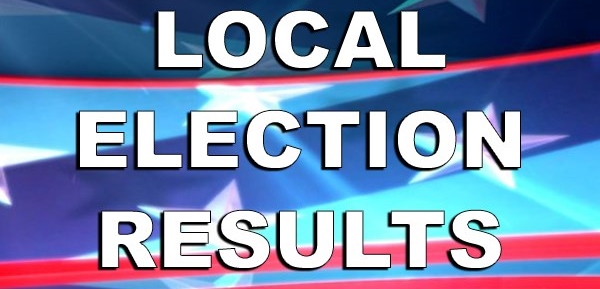

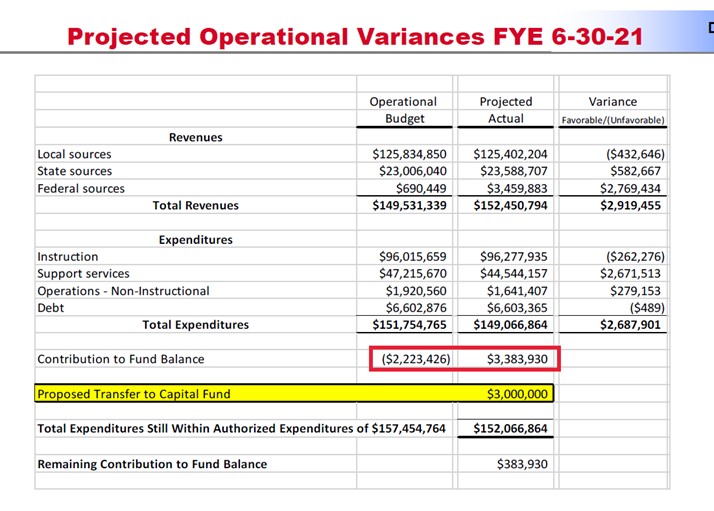
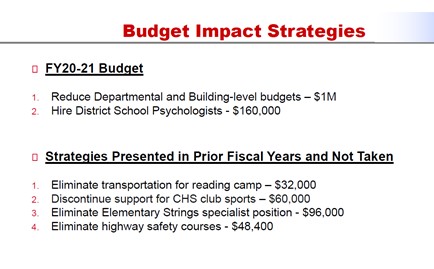


 Just as schools are about to open in TESD on August 30, there is news from states where schools have already opened, about hospitals treating growing numbers of kids who have COVID-19. This is happening as schools are resuming in-person learning, leading to mask mandates, anti-mask mandates and frustration from parents, students and the community.
Just as schools are about to open in TESD on August 30, there is news from states where schools have already opened, about hospitals treating growing numbers of kids who have COVID-19. This is happening as schools are resuming in-person learning, leading to mask mandates, anti-mask mandates and frustration from parents, students and the community. 
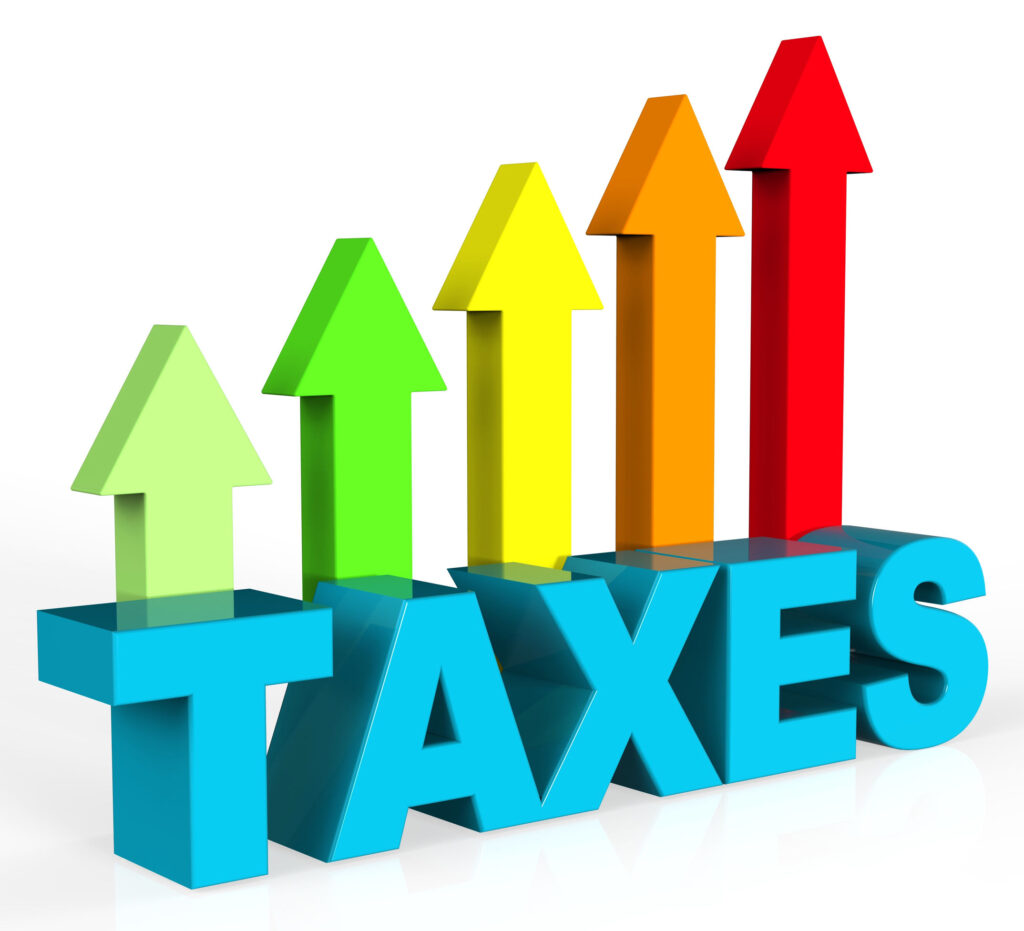
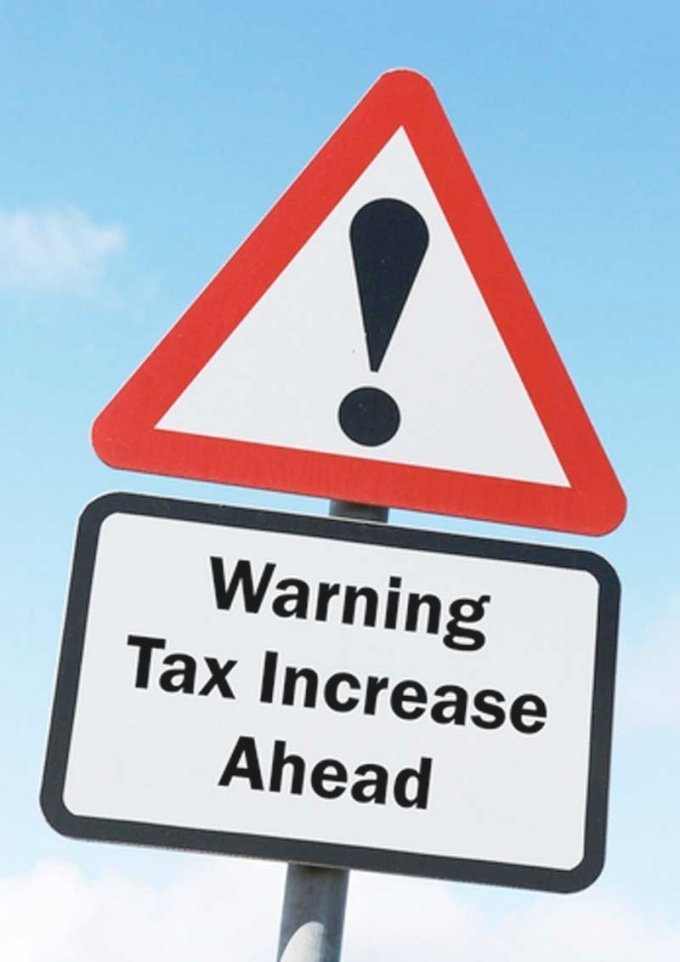
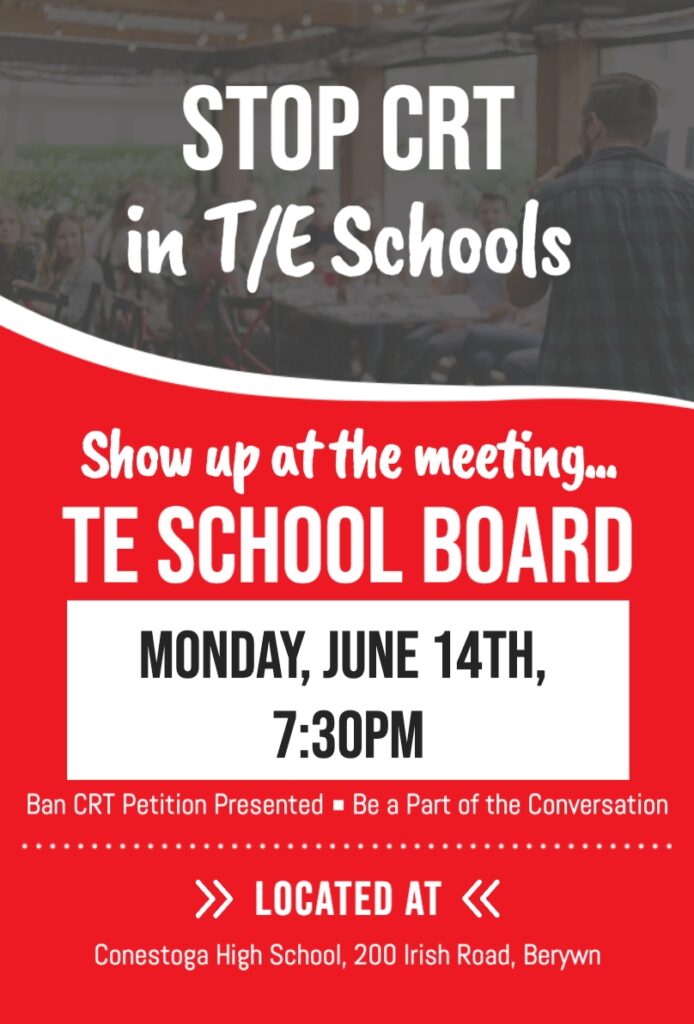
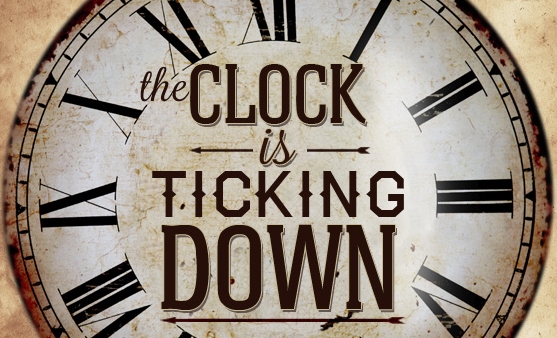 The countdown is on for the final approval of the TESD 2021-22 budget. At the finance committee meeting on Monday, June 7, 7 PM, the budget specifics will be reviewed, and the
The countdown is on for the final approval of the TESD 2021-22 budget. At the finance committee meeting on Monday, June 7, 7 PM, the budget specifics will be reviewed, and the 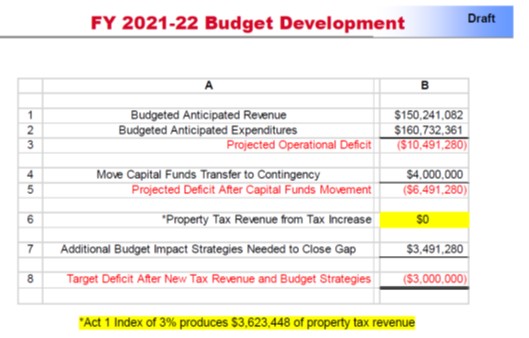 their honest estimates of revenues and expenditures for the next fiscal year. You are deliberating before the public on tax increases, user fees, program cuts and use of savings based on those budget numbers.
their honest estimates of revenues and expenditures for the next fiscal year. You are deliberating before the public on tax increases, user fees, program cuts and use of savings based on those budget numbers.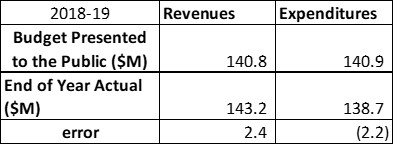
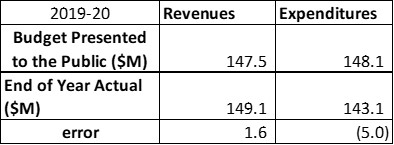
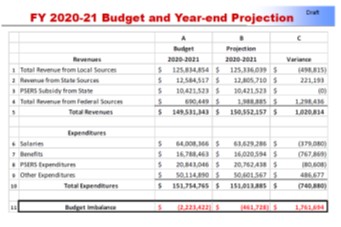 available until December. However, the administration has already indicated their budget numbers will have underestimated revenues and overestimated expenses by at least $1.8M.
available until December. However, the administration has already indicated their budget numbers will have underestimated revenues and overestimated expenses by at least $1.8M.